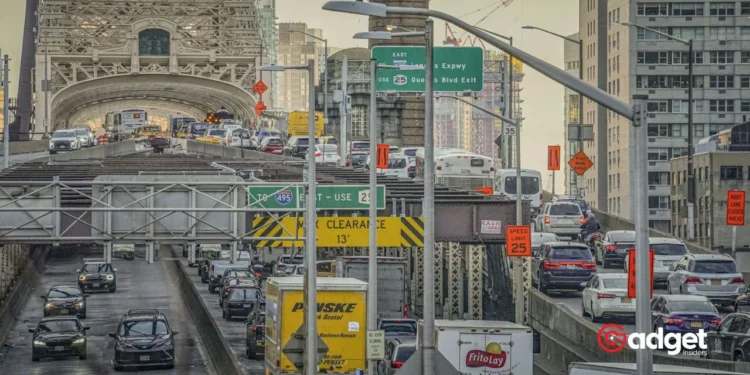Commercial truck drivers have stepped forward as the latest group to challenge the impending congestion pricing in Manhattan, which is set to become the first of its kind in the nation. The Trucking Association of New York (TANY) filed a lawsuit against the Metropolitan Transportation Authority (MTA) and the state, branding the plan as unconstitutional and an unprecedented “scheme.”
Starting June 30, the plan would impose a toll ranging from $24 to $36 on trucks entering Manhattan’s central business district below 60th Street. This initiative, part of a broader effort to reduce traffic congestion and pollution, has sparked a series of legal actions from various stakeholders, including truckers who argue that the tolls place an excessive financial burden on their operations.
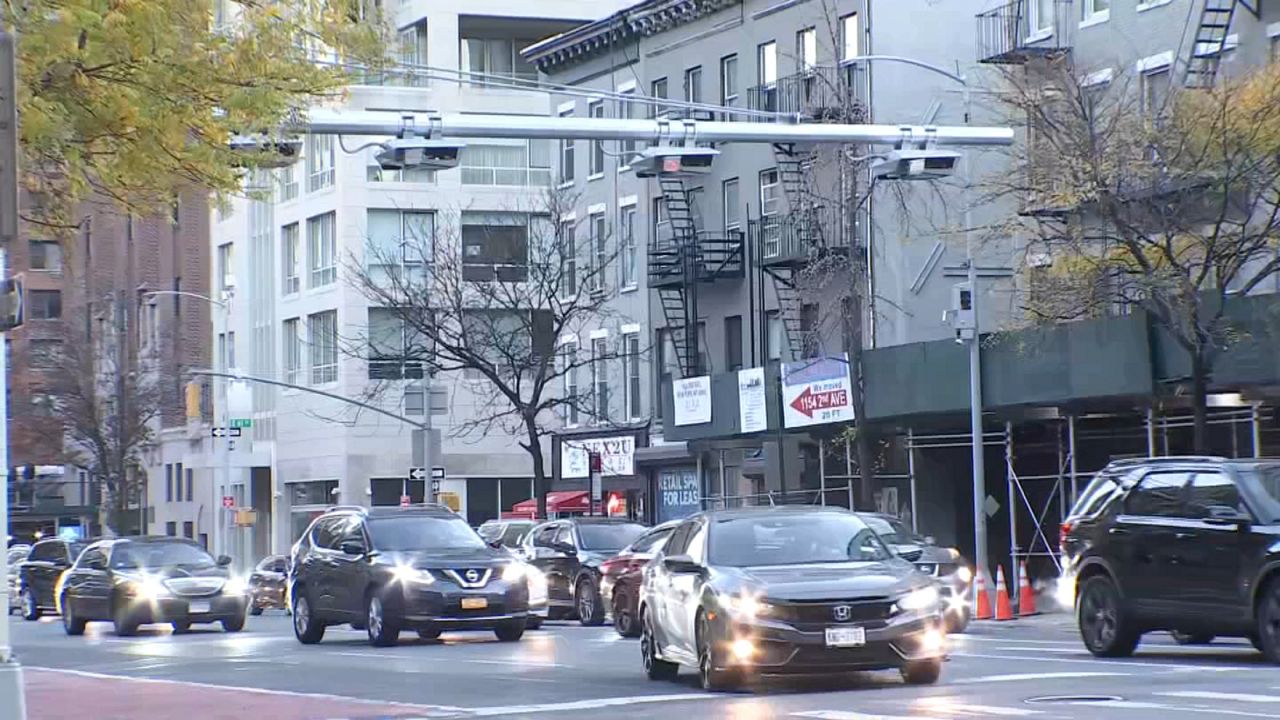
Legal Controversies and Opposition
The lawsuit highlights a significant constitutional concern, claiming the tolls violate the Commerce Clause, which empowers Congress to regulate interstate commerce. TANY contends that the differential toll rates for trucks compared to passenger vehicles are unjustifiably high and discriminatory against the trucking and logistics industries.
“While not opposed to the concept of congestion pricing, TANY is advocating for a revision of the plan to mitigate its negative impacts and to ensure fair treatment for the logistics sector,” stated a representative of TANY. They suggest several potential modifications, such as toll exemptions for essential services, a cap on daily tolls for trucks, or a more equitable pricing structure between trucks and passenger vehicles.
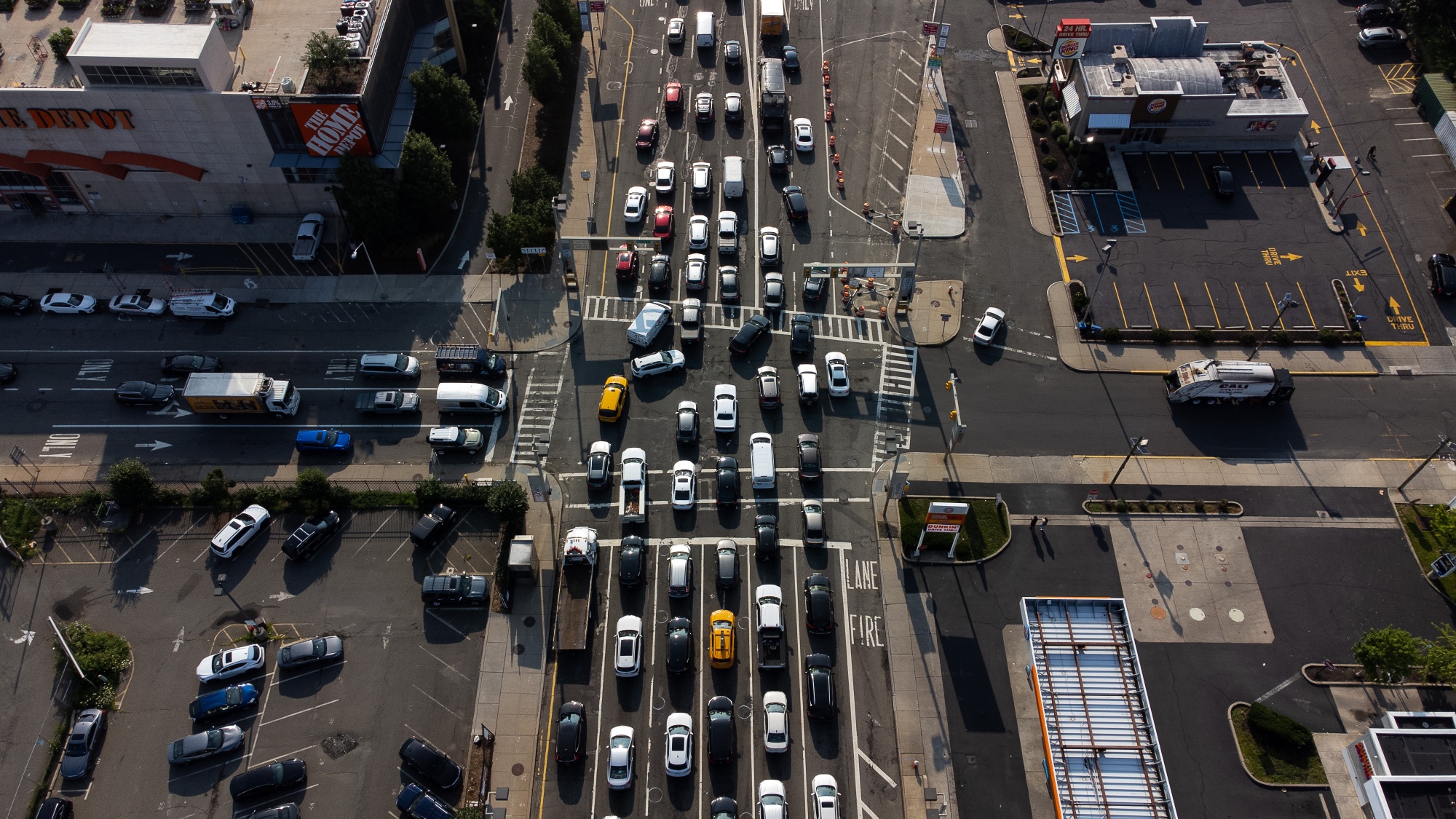
Economic Implications and Public Response
The congestion pricing scheme, endorsed by state law in 2019 under then-Gov. Andrew Cuomo supported by current Gov. Kathy Hochul, aims to alleviate traffic in Midtown Manhattan while raising funds for major public transit improvements.
According to the MTA, the initiative could generate up to $1 billion annually, earmarked for new subway trains, signal upgrades, and the expansion of the Second Avenue subway. However, critics argue that the plan might merely shift traffic and pollution to other areas while draining money from motorists and local businesses into an agency already notorious for its financial inefficiencies.
Despite these ambitious goals, a recent poll reveals widespread opposition among New Yorkers to the congestion toll, indicating a tough road ahead for the policy’s acceptance and effectiveness.
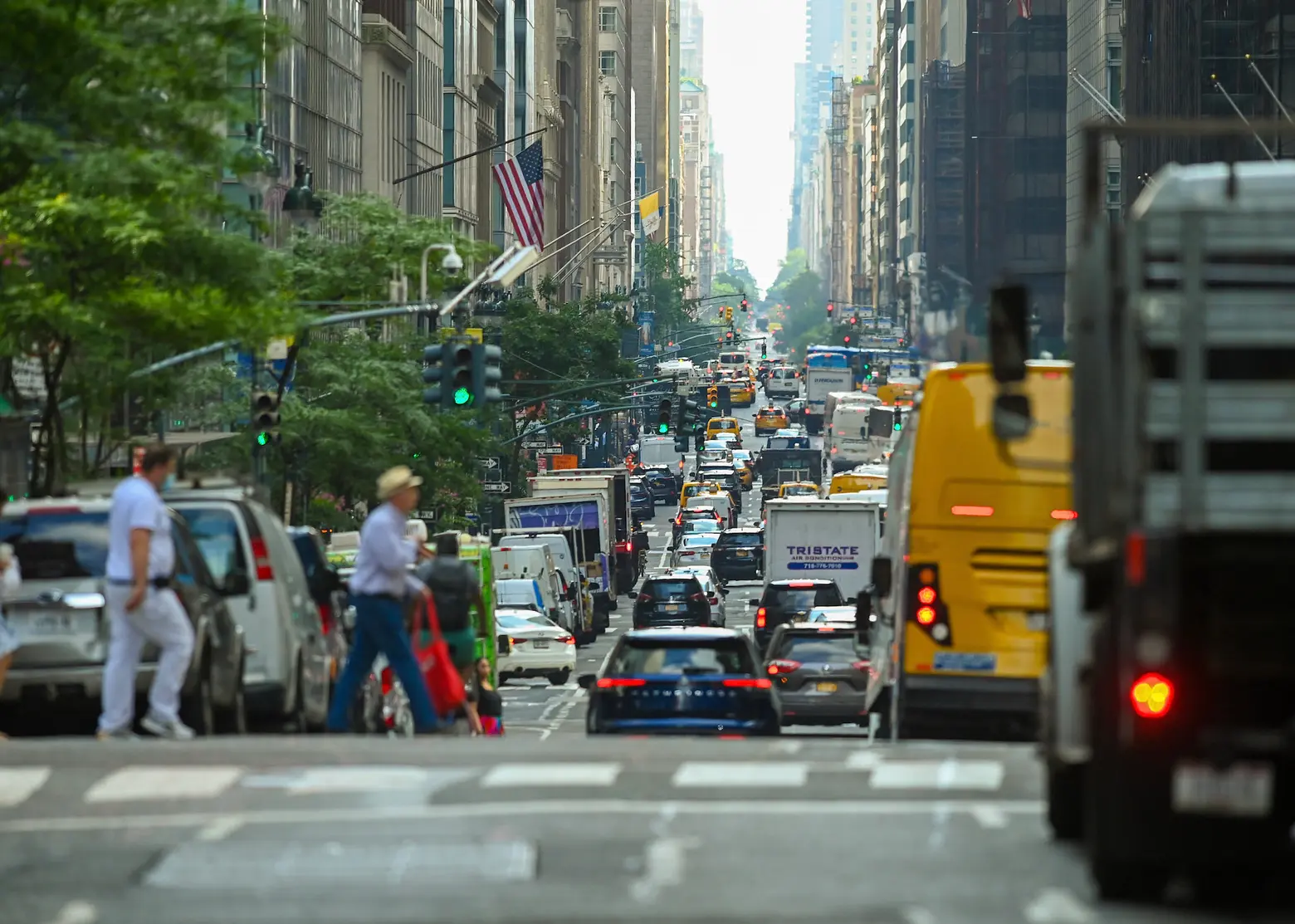
Trucking Association of New York: Perspectives on the Ground
The debate continues to unfold as local leaders and advocacy groups weigh in. The pro-transit Congestion Pricing Now coalition defends the higher tolls for trucks, citing their disproportionately larger impact on traffic congestion and environmental degradation. “This lawsuit overlooks the substantial benefits of reduced daytime congestion and quicker delivery times, which are crucial for business owners and residents alike,” a coalition spokesperson argued.
In contrast, community and business leaders express concerns about the broader economic impacts, emphasizing the need for a balanced approach that supports public transit improvements without overburdening the industries and individuals most affected by the tolls.
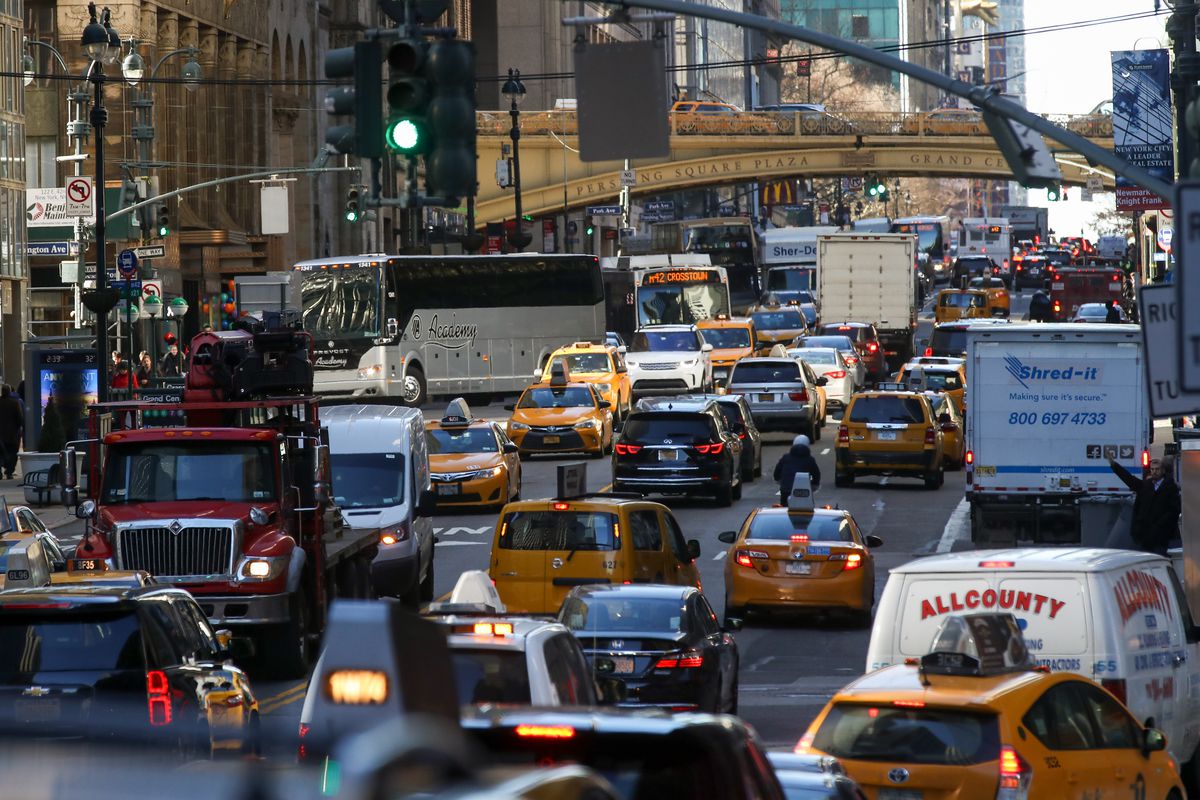
As this contentious issue heads towards a series of legal confrontations, all eyes will be on the courts to determine the future of New York’s pioneering congestion pricing plan. Whether this initiative will pave the way for a more sustainable urban transit system or buckle under the weight of legal and public scrutiny remains to be seen.

